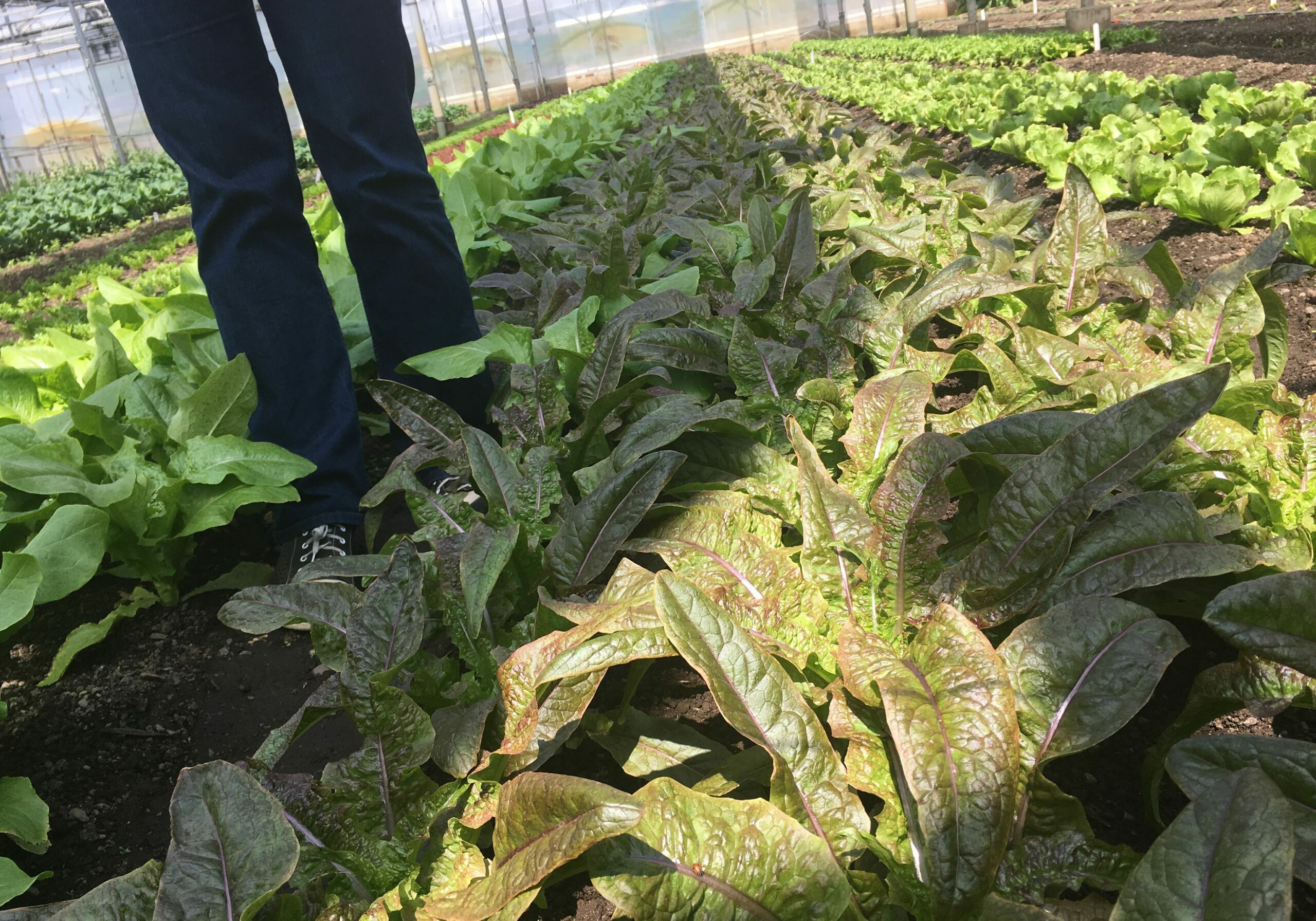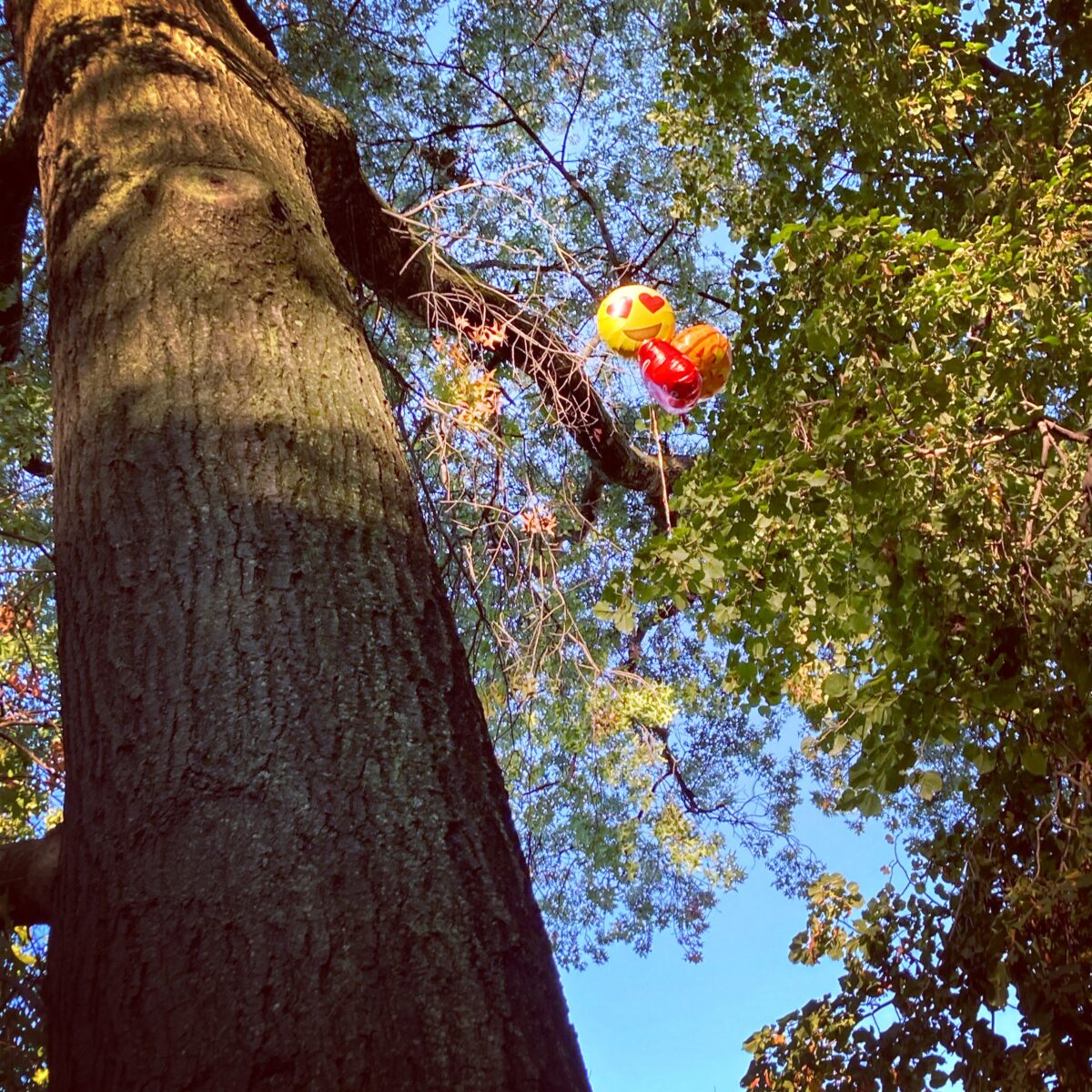October 9, 2023
What color shirt was the researcher wearing during the experiment?

I have good news and better news.
Which one do you want first?
We’ll start with the good news. The good news is, the more things you ignore, the simpler your life will be.
The better news is, ignoring is a skill like anything else in this life. Refusing to take notice of or acknowledge things is an ability that can be honed.
Here’s how to do enlightened ignoring like a pro.
Step one is reframing our understanding of the word ignore.
Because it doesn’t have to be such a negatively charged idea. People often conflate the term ignore with the term ignorance, since they come from the same root word.
But there’s a difference. Ignoring refers to not paying attention to something, whereas ignorance refers to a lack of knowledge of something. The former is the exercise of choice, which often leads to peace of mind; whereas the latter can lead us down dangerous and destructive roads.
Therefore, we can frame ignoring as the positive and intentional disregard of something. Or the choice to deliberately invest our limited attentional capacities in things that are meaningful to us. What about protecting our brains from the excesses, traps, and information disorders of the modern world?
Also, considering that our culture is awash in low quality and misleading information that hijacks our attention by evoking outrage and or anger, we might view ignoring as a boundary management technique.
That frame is ideal for people in recovery programs.
Another option is to elevate positive and intentional disregard into a kind of spiritual practice. Our narrative might go, I am rejecting artificially constructed realities that are moderated by algorithmic tools. I’m trusting my resources of inner divine wisdom.
Any of these frames can shift the act of ignoring from an apathetic, dismissive, cynical practice, into a habit that’s empowering, conscious and life giving.
Just imagine the positive that story would have on our mindset and behavior. After all, intentions turn into words, and words are the programming language for our subjective reality. The more things we ignore, the simpler our life will be.
Step two is teaching kids from an early age how to be more discerning in their consumption of information.
This isn’t something most educators focus on. They mostly care about comprehension, completeness and following directions, rather than critical thinking.
Learning to ignore superfluous data is not a subject taught in schools, understandably so. Teachers want to try to maintain order. Schools would rather have kids read a text thoroughly and closely before rendering judgment. Anything short of that would be viewed rash, rebellious and antisocial.
Thankfully, there are outliers.
Let me share a real test question from an eighth grade science class that I found on an educational archive. See how you do on this one.
First, read the following experiment procedure for testing the effects of different types of fertilizer on plant growth. Fill each pot with potting soil up to about two inches from the top. Make a small hole in the center of each pot with your finger, about one inch deep. Place a bean plant seed in each hole and cover it with soil. Water each pot with four milliliters of water. Label each pot with the type of fertilizer used. Add the fertilizers to the pots. Water each pot with the same amount of water every other day for four weeks. Measure the height of the plants in each pot every week using a ruler. Record the data in a table and graph results to compare the effects of the different types of fertilizer on plant growth. Next, answer the following question. What color shirt was the researcher wearing during the experiment?
Now, I remember encountering questions exactly like this when I was a kid, and giggling at every one of them. They tickled my intellectual fancies. I knew exactly what the test was trying to teach me.
How to ignore irrelevant variables.
In this case, the color of the researcher’s shirt. That piece of information has no bearing on plant growth, and therefore, should be intentionally disregarded.
Nothing personal against the scientist. I’m sure the researcher has a fabulous wardrobe filled with many fine pieces of clothing. But right now, the only thing that matters is plant growth.
Imagine if schools offered more than the occasional brain teaser to teach this skill. Maybe students would actually enjoy coming to class for once. At the very least, they’d grow up with greater discernment about which pieces of information to ignore.
With these two ignoring protocols, reframing our understanding of the word; and teaching young people how to discern irrelevant information, it’s only a matter of time before our lives become simpler and better.
Refusing to take notice of or acknowledge things could be our path to fulfillment.
The only caveat to mention is, we don’t want to take ignoring to the extreme. I read this study in a psychology journal about how the deliberate ignoring of problems can become a form of avoidant coping. And oftentimes, people will use maladaptive strategies such as the abuse of alcohol or other substances to block out their negative thoughts and emotions.
They obliviate themselves with intoxicants and hope their issues just go away.
In this case, ignoring is not the healthiest option. Quite the opposite. Instead of giving our hearts the silent treatment, we should take notice of these dark thoughts, and find out what they want from us. And by listening to our own inner voice, complicated and violent as it may be, we might be able to identify the root causes of our distress and work towards greater wellbeing.
Now, this requires a certain level of awareness and introspection, but it’s worth the effort in the end. The good news is, once we hone our skills of ignoring all the superfluous crap out in the world, that frees up massive amounts of our bandwidth. Which means we can more deliberately invest our limited attentional capacities into endeavors, projects and activities that are most meaningful to us.
As a final example, consider all the notable figures who have recently quit social media. From bestselling authors to musicians to comedians to television producers, those who’ve walked away from these toxic platforms report feeling happier, less stressed, more relaxed; and more present and connected with their loves ones.
Just a few of benefits available to us when we practice the art of enlightened ignoring.
In our culture centered around fomo, the fear of missing out, there’s a sweet liberation to jomo, which is the joy of missing out. It’s a joy because we’re not ensnared in someone else’s ego trap.
It’s a joy because we’re making empowering and life giving choices about our attention.
It’s a joy because we’re not burning calories pretending to care about all these bullshit nothingburger issues.
It’s a joy because we’re focusing on our unique mission that moves us closer to fulfillment.
It’s a joy because the more things we ignore, the simpler our life will be.
What are you proud that you ignored yesterday?

